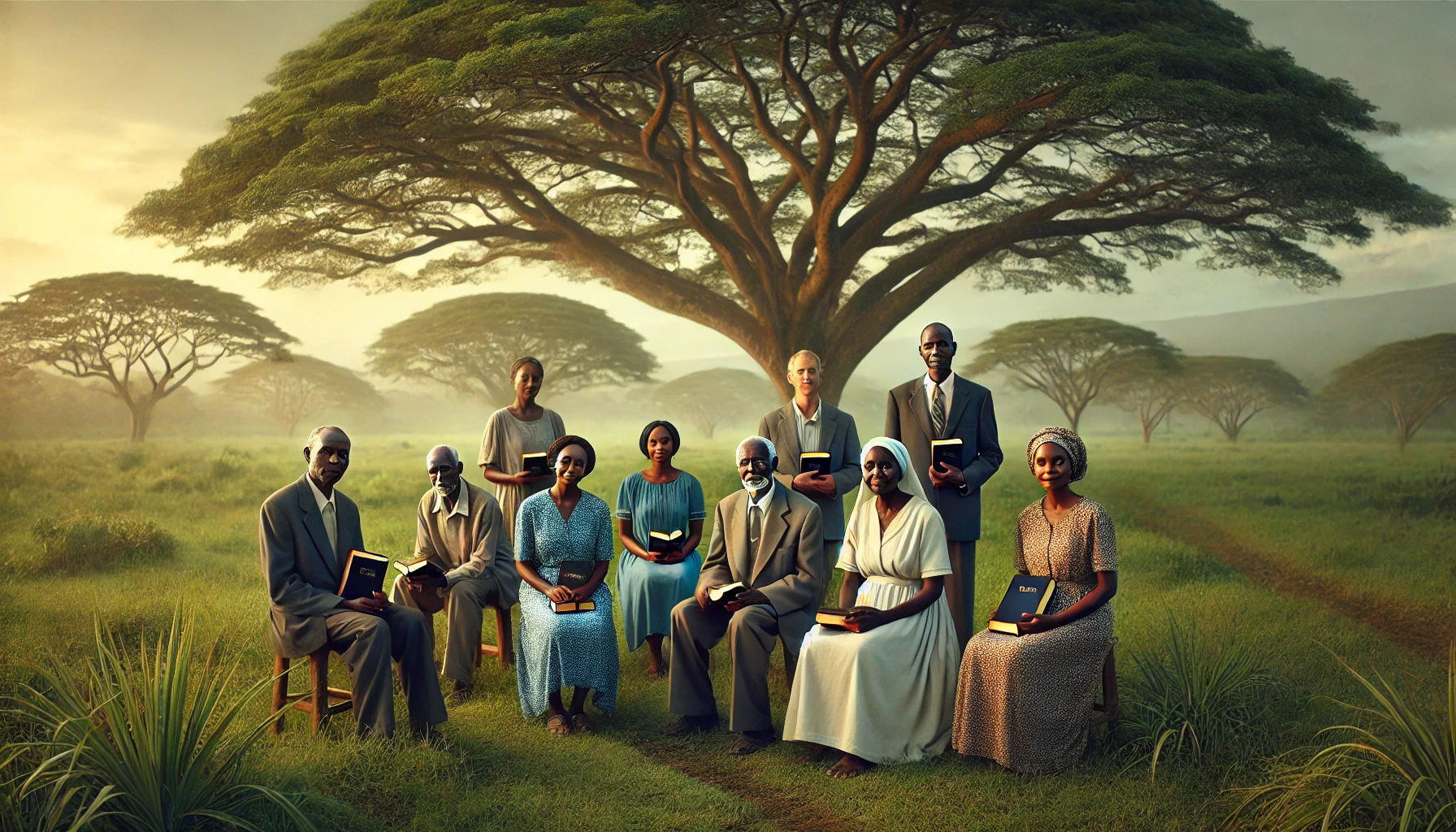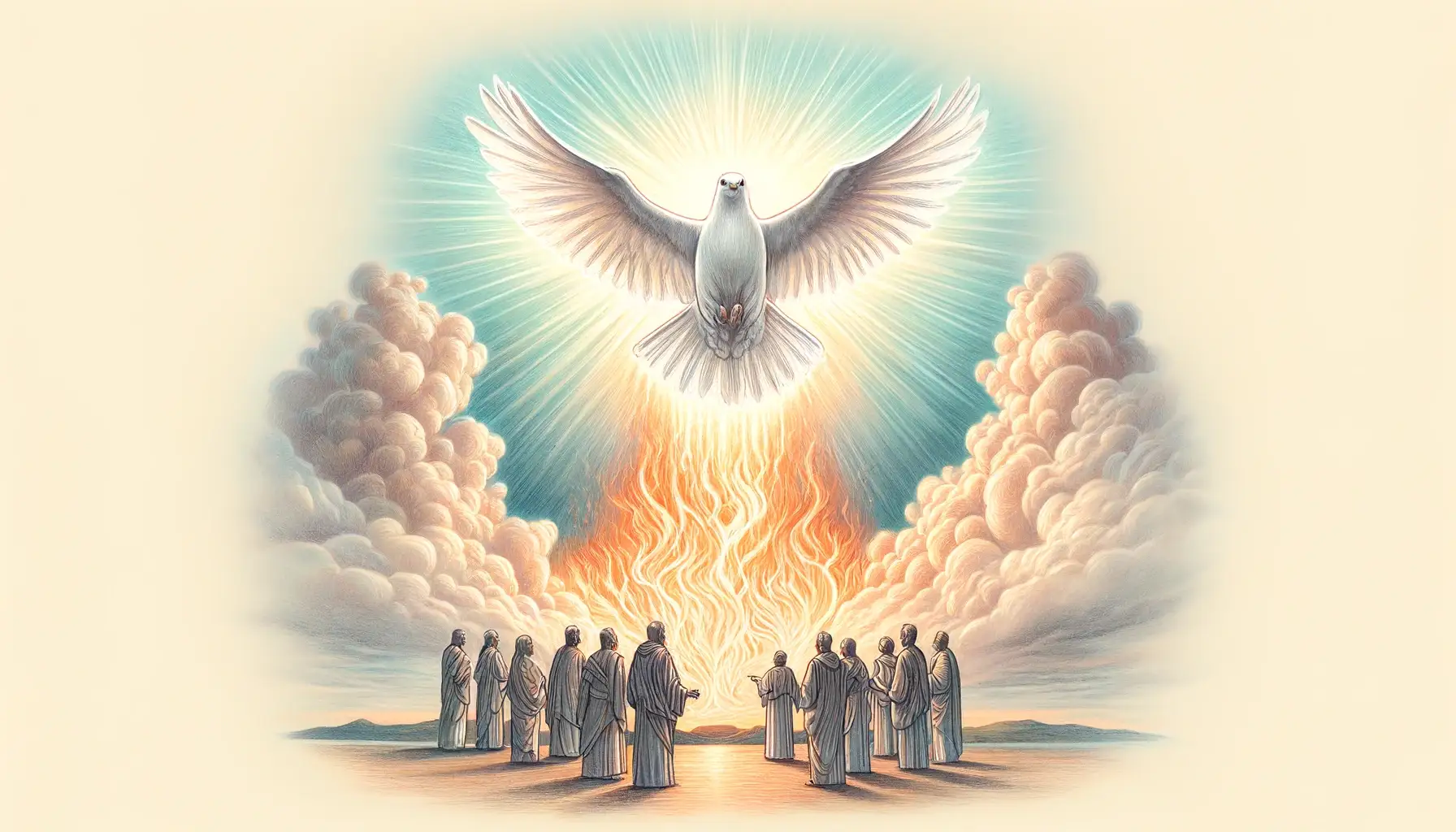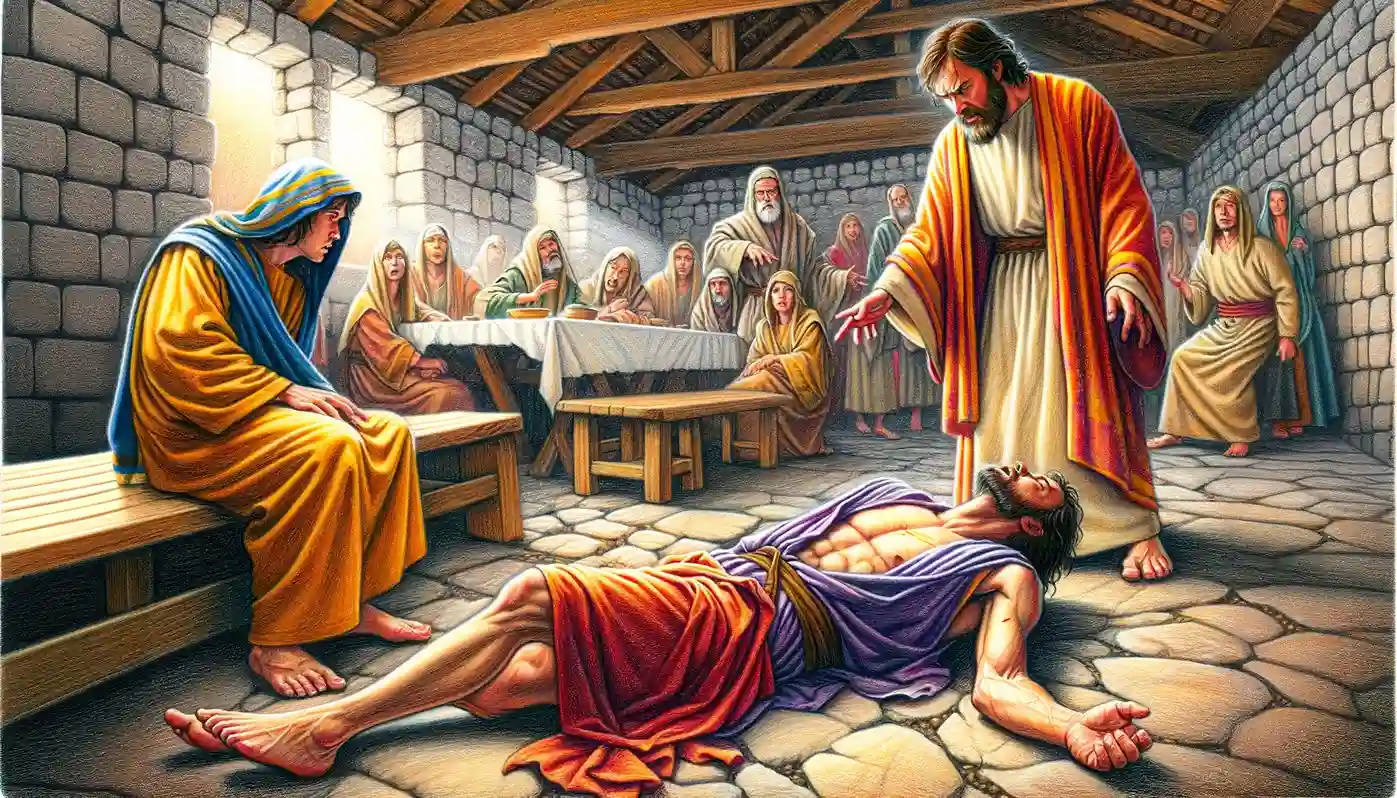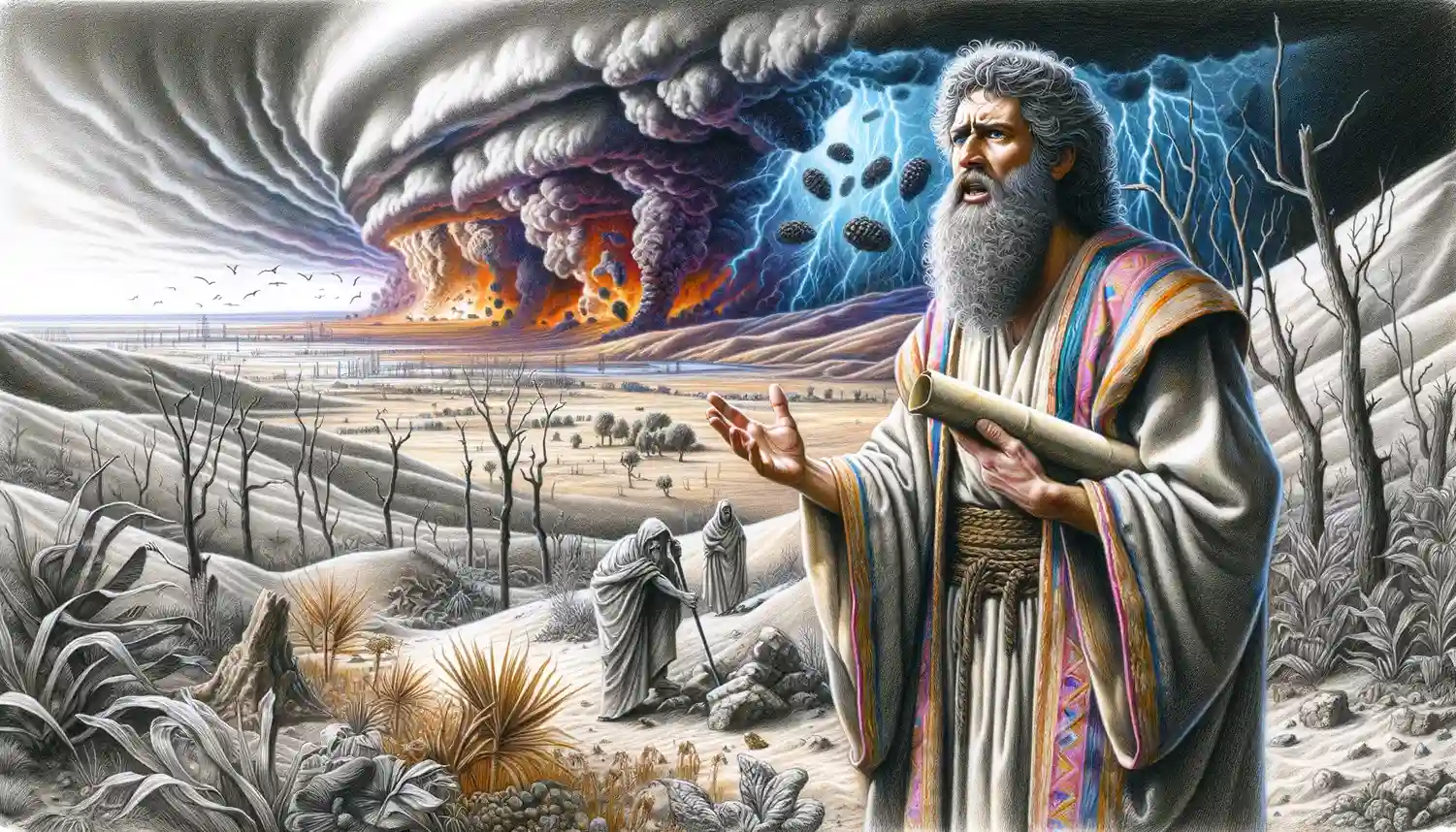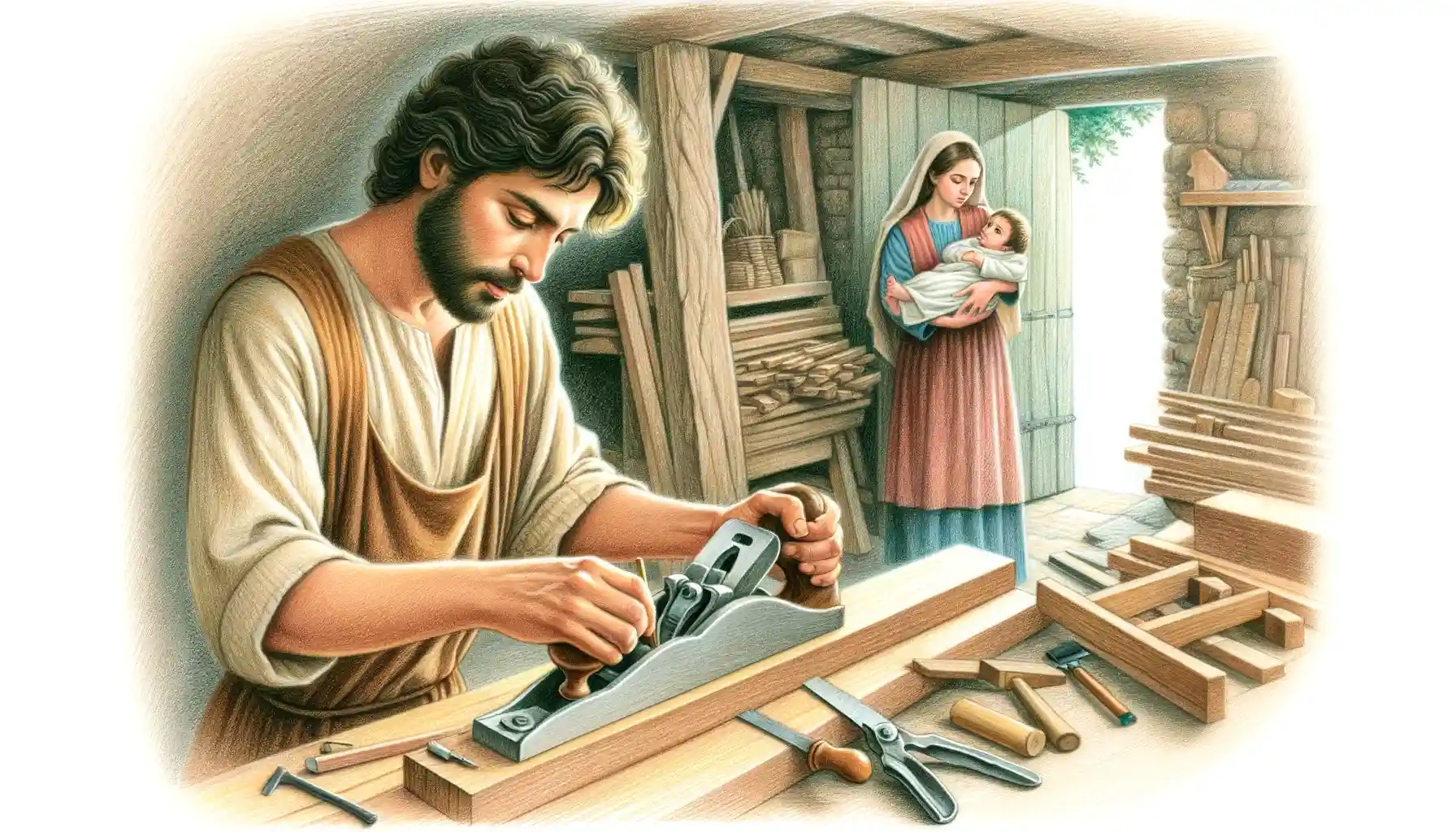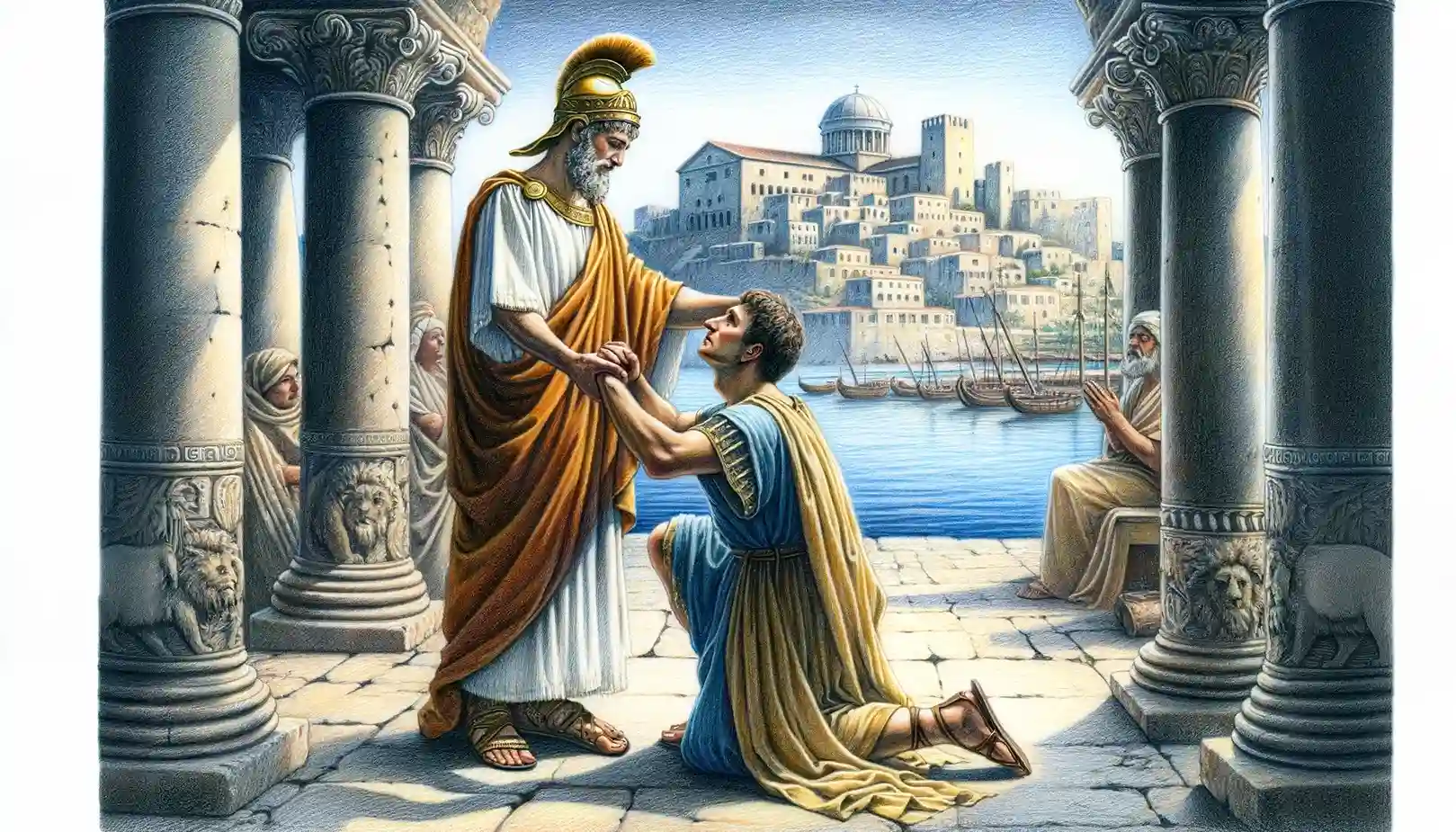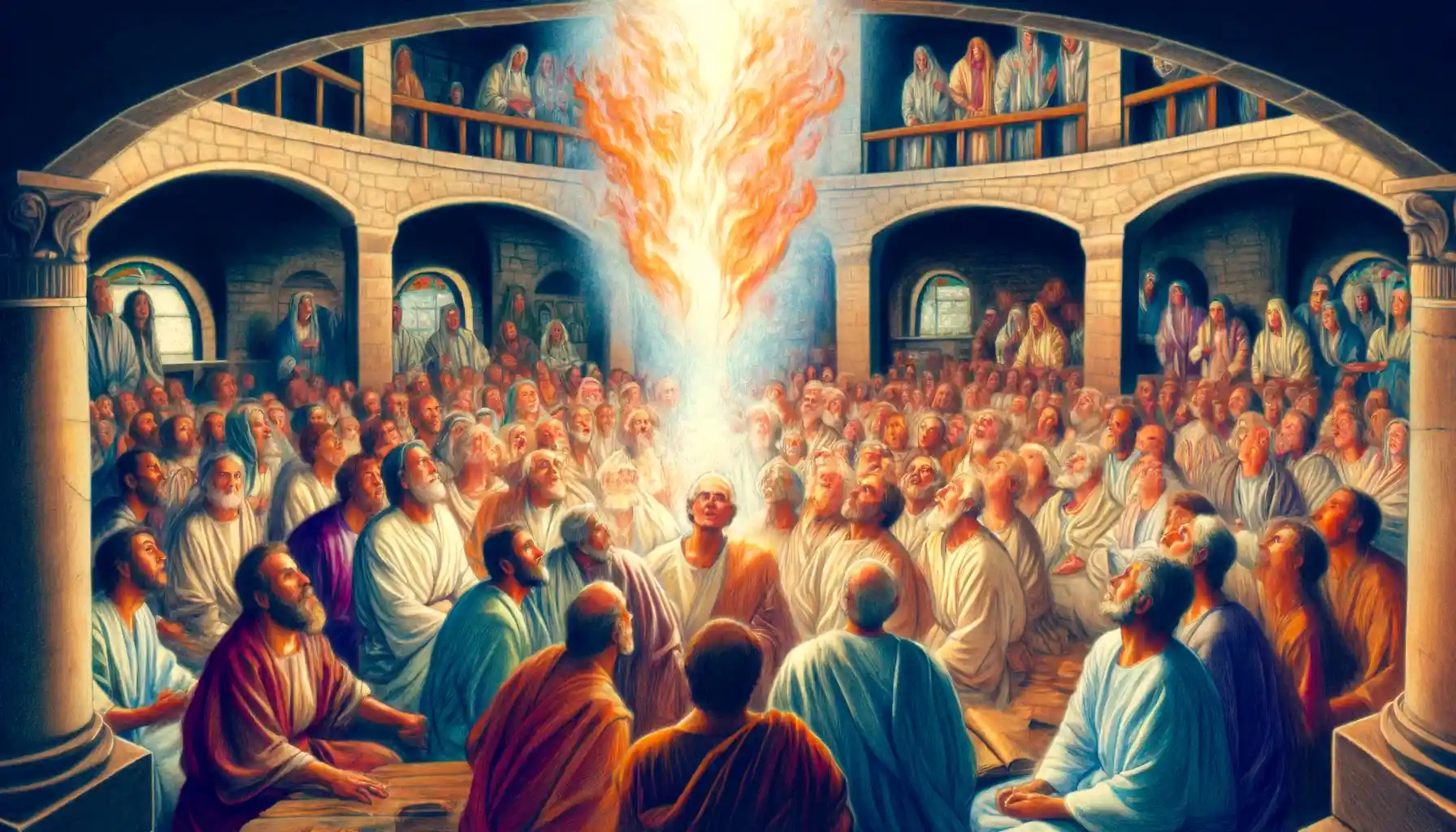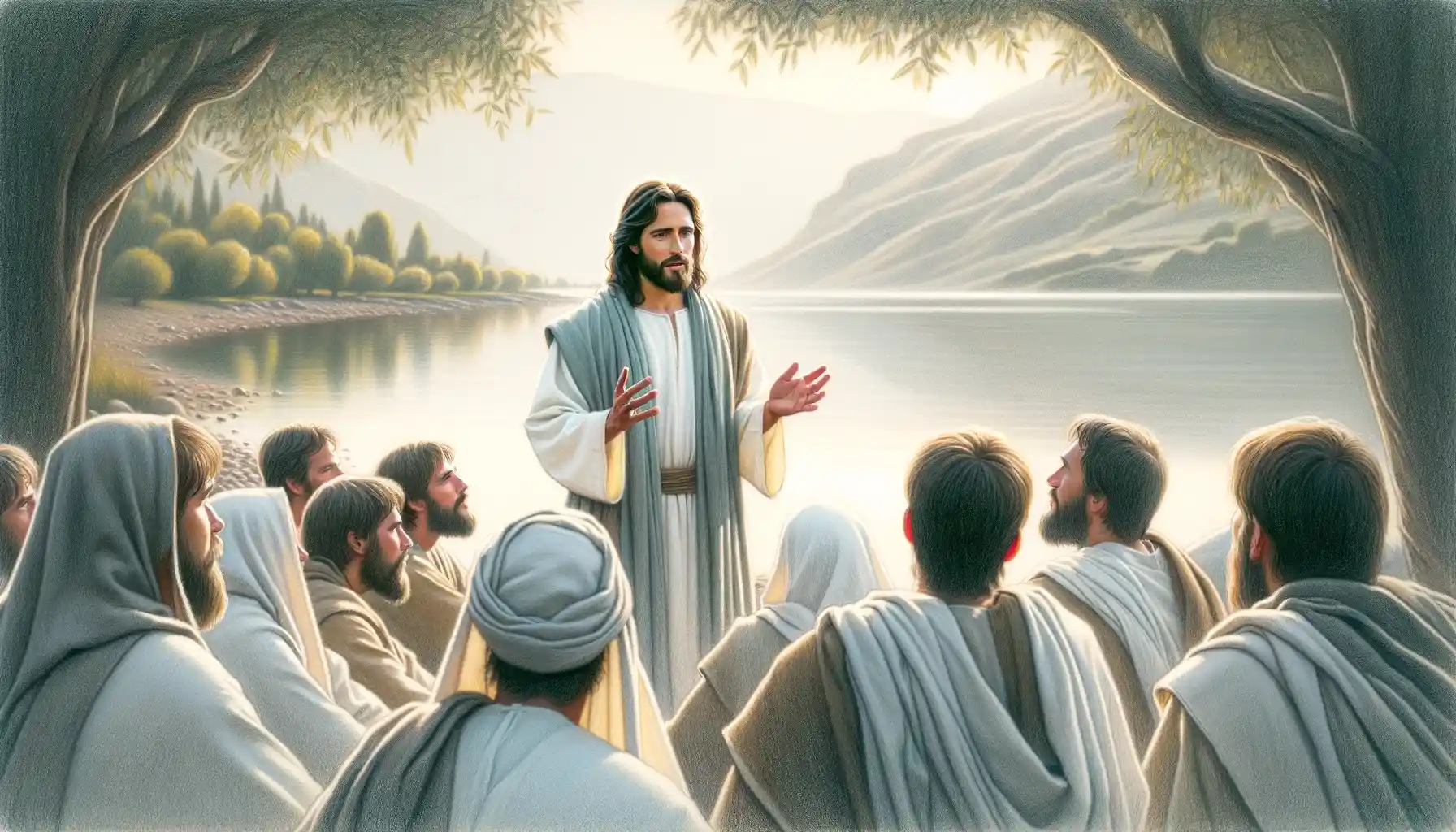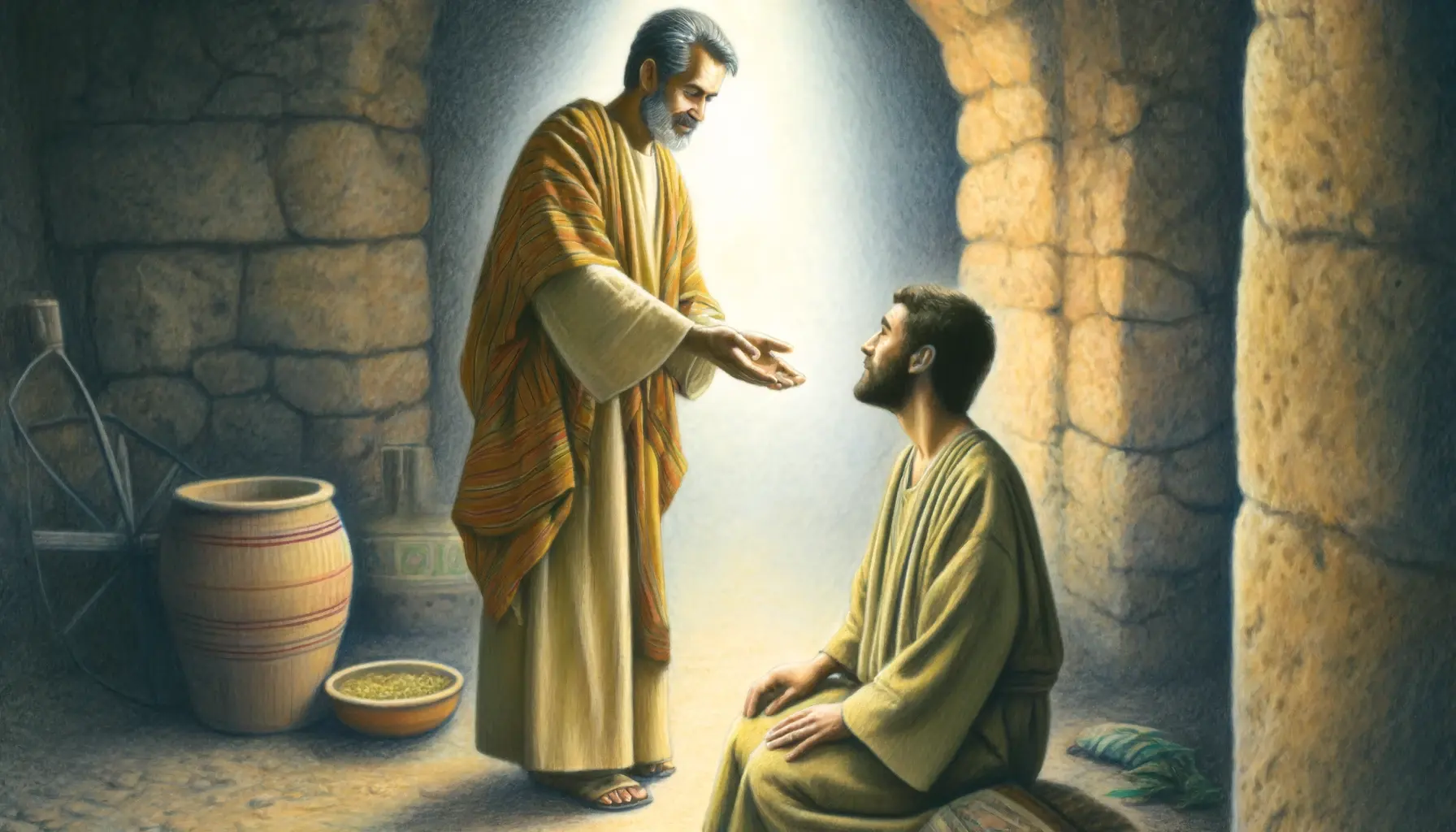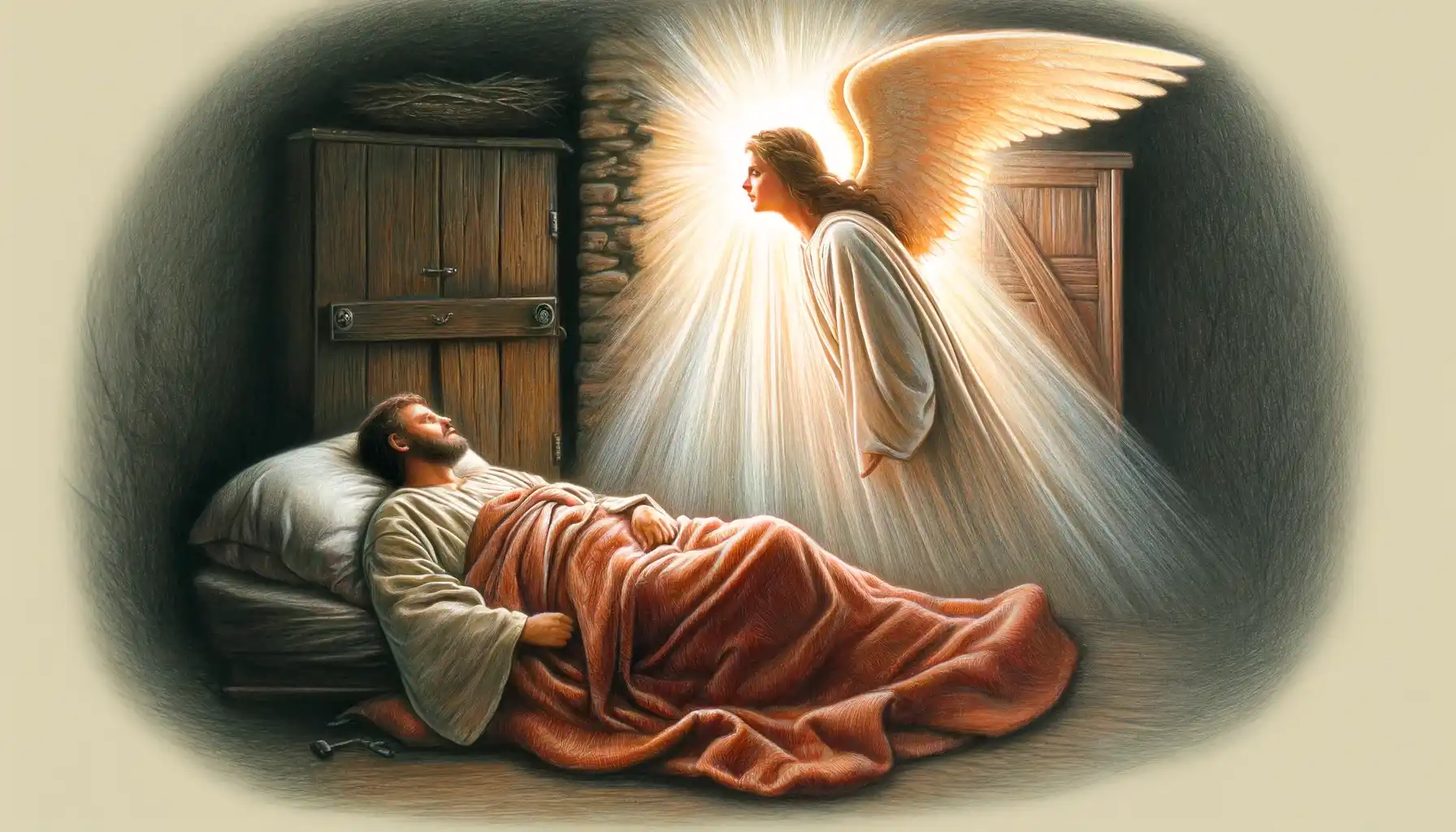The Gifts of the Spirit are divine empowerments given by the Holy Spirit to believers in Christ to build up the Church and spread the gospel. These gifts vary in nature and purpose, ranging from practical service to supernatural acts like healing and prophecy. However, they are all given by the same Spirit and must be exercised in love to bring unity and glorify God.
The Holy Spirit, the third person of the Trinity, is vital in Christian faith as God’s active presence, guiding, comforting, and empowering believers throughout history and in their daily lives.
Sapphira and Ananias were a couple in the early Christian church who were struck dead for lying to the Holy Spirit about the proceeds from a property sale, highlighting the severity of deceit in God’s community.
Joel, a prophet in the Hebrew Bible, is known for his powerful messages about the “Day of the Lord.” His prophecies emphasize themes of repentance, divine judgment, and future restoration, calling the people to return to God in times of …
Joseph, the husband of Mary and a descendant of King David, served as the foster father of Jesus, working as a carpenter and providing crucial protection and support for his family during significant events such as the journey to Bethlehem, the flight to Egypt, and the return to Nazareth.
Cornelius, a Roman centurion stationed in Caesarea, is historically significant as the first Gentile convert to Christianity, receiving a vision from God, welcoming the apostle Peter, and being baptized alongside his household, which marked a pivotal expansion of the early church to include Gentiles.
Jesus Christ, central to Christianity, is believed to be the divine Son of God who came to earth to offer salvation through His teachings, death, and resurrection. His life and miracles, documented in the New Testament, continue to inspire and guide millions of believers worldwide.
Ananias of Damascus, conversion of Saul, Acts 9, early Christianity, Holy Spirit, baptism, divine intervention, obedience, transformation, Christian ministry, faith and trust, spiritual rebirth, early church history, theological significance
The prophecy of a virgin birth in Isaiah 7:14, fulfilled in Matthew 1:18-23, profoundly articulates the theological and historical dimensions of Jesus’ miraculous conception, emphasizing His divine nature and the fulfillment of Old Testament prophecy, which is central to Christian doctrine and worship.

